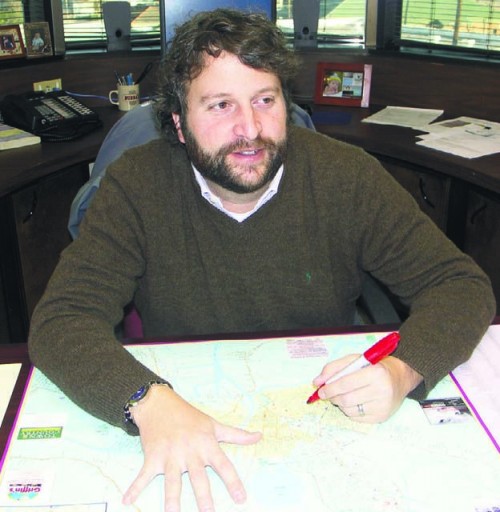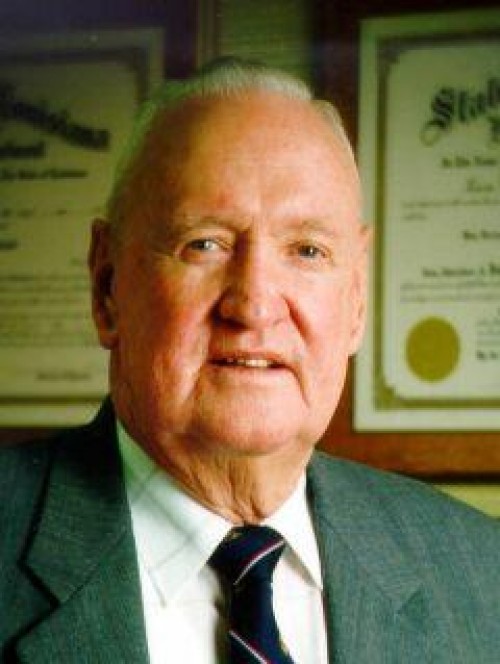
Environmental expert named senior planner
January 16, 2012
Richard N. Bollinger
January 19, 2012The following article entitled, “Take back the faith” was written by Jim Wallis, an American evangelical Christian author and political activist.
“Many of us feel that our faith has been stolen, and it’s time to take it back. An enormous public misrepresentation of Christianity has taken place. Many people now think the Christian faith stands for political commitments that are almost the opposite of its true meaning. How did the faith of Jesus become known as pro-rich, pro-war, and pro-American? How do we get back to a historic, biblical, and genuinely evangelical faith rescued from its contemporary distortions?
“The problem is clear in the political arena, where loud voices claim to represent Christians, when they clearly don’t speak for most of us. We hear politicians who love to say how religious they are but utterly fail to apply the values of faith to their public leadership and political policies. It’s time to take back our faith, especially in a time when we desperately need a more authentic social witness.
“When we do, we discover that faith challenges politicians to do justice for the poor, instead of preaching a ‘prosperity gospel’ and supporting politicians that further enrich the wealthy. We remember that faith hates violence and tries to reduce it, and exerts a fundamental presumption against war, instead of justifying it in God’s name.
“We see that faith creates community from racial, class, and gender divisions and prefers international community to nationalist religion. We are reminded that faith regards matters such as the sacredness of life and family as so important that they should never be used as political pawns in partisan warfare.
“The best public contribution of religion is precisely not to be a loyal partisan. To raise the moral issues of human rights, for example, will challenge both left- and right-wing governments who put power above principles. Religious action is rooted in seeing the image of God in every human being.
“Similarly, when we defend the poor on moral or religious grounds, it is not ‘class warfare’ but rather a direct response to the overwhelming focus in the scriptures that claims the poor are regularly neglected, exploited, and oppressed by wealthy elites, political rulers, and indifferent affluent populations. Those scriptures don’t simply endorse the social programs of liberals or conservatives, but they make clear that poverty is indeed a religious issue. The failure of political leaders to help uplift those in poverty will be judged a moral failure.
“It is precisely because religion takes the problem of evil so seriously that it must always be suspicious of concentrated power – politically and economically – either in totalitarian regimes or in huge multinational corporations, which now have more wealth and power than many governments. It is our theology of evil that makes us call for strong systems of checks and balances to avoid the dangerous accumulations of power and wealth.
“It’s why we doubt the goodness of all superpowers and the righteousness of empires in any era, especially when they claim success in the name of God. The loss of religion’s prophetic vocation is terribly dangerous for any society. Who will uphold the dignity of economic and political outcasts? Who will question the self-righteousness of nations and their leaders? Who will question the recourse to violence and the rush to wars?
In an election year, the particular religiosity of a candidate, or even how devout they might be, is less important than how their religious and/or moral commitments and values shape their political vision and policies. Understanding the moral compass they bring to their public lives and how their convictions shape their political priorities is the true litmus test.”





